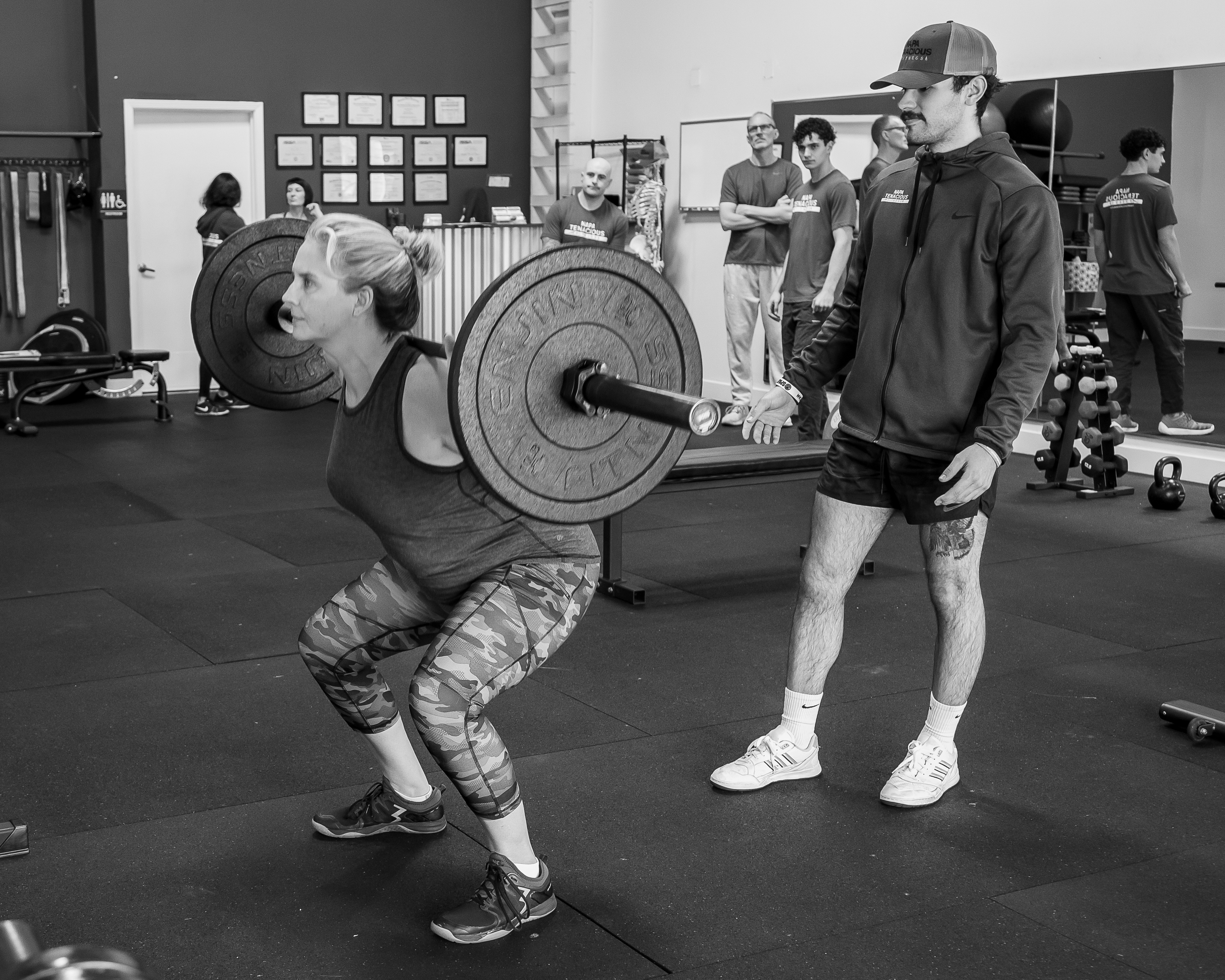“Why is it called a hangover,” said Ares, the god of war. Hercules retorted, “Because when you drink too much booze, you’re going to hang your head over that rail and…” I’ll allow the readers to use their imagination to envision the subsequent chain of events that occurred.
This interaction between these two mythical characters came from a scene in a 1990’s television series my mom and I watched weekly, Hercules: The Legendary Journeys. In an episode centered around how Ares was transformed from a god unmarred by injuries, illness, or any other affliction mortals endured, Hercules accompanied him to a night of debauchery.
They sang songs, flirted with ladies, and shared mischievous ventures while smiling ear to ear in raucous laughter. Whiles Ares was in his human state, he still thought he was an invincible god. Grabbing flagons of mead and bottles of wine, he consumed copious amounts of alcohol without thinking twice. “Being human is amazing! I never felt this way when I was a god!” Exclaimed Ares. After their night of partying like it was the first day of Marti Gras in New Orleans, they entered into a brief post-alcohol-induced coma.
The next day, Ares didn’t feel like a god capable of entering into battle and coming out the other end without a scratch. Instead, he was tired, his eyes hurt when the sun shined upon him, and he was seen rolling around the ground, writhing in pain, followed by multiple prolonged trips to the restroom. Being human was entertaining when Ares first started his escapade of drunken buffoonery. However, he learned the repercussions of indulging too much with a recreational substance and how too much of a good thing wasn’t that great the day after.
This episode came to mind during a personal training session I was conducting with our client. Ferhago is a relatively fit CEO of a successful business in his mid-forties who enjoys training at our local Napa gym three times a week. The energy, enthusiasm, and dedication he devotes to his training sessions are immaculate. He’s so consistent, that a missed training session from Ferhago gives our coaching team the impression that the earth shifted. However, a few hours before a training session last week, Ferhago sent me a text message, “I’m not sure I can come in today, I celebrated my wife’s birthday last night and ate too much ice cream and sweets. I think I have a sugar hangover and feel like I got hit by a train.”
Impressed by Ferhago’s honesty, I could understand why he didn’t want to come in for training. Ferhago abstains from consuming alcohol entirely for health purposes. Even though he doesn’t consume alcohol, his “drug of choice” is tantalizing sweets like ice cream, cookies, and pies. His regular rigorous exercise routine would be challenging if he felt anything like Ares did after his hangover. However, my knee-jerk reaction was to go against Ferhago’s aversion toward training due to his sugar hangover. I knew the best thing for Ferhago was to show up and train.
Overconsumption of sugar or alcohol gives the body adverse reactions. Without going into too much scientific detail, the body essentially becomes poisoned after a certain amount of sugar or alcohol is consumed. After we wake up from a bout of late-night drinking or treating ourselves to excess amounts of dessert, the next morning’s side effects are akin to how a starving octopus feels that has been out of the water for eight hours. This toxic response puts our bodies in a state of stress. As our bodies enter this damaged and stressed state, toxic chemicals course through our blood, and stress hormones run rampant. Pain, irritability, lethargy, and gastrointestinal distress are the usual culprits following any hangover.
So, why did I encourage Ferhago to attend his regularly scheduled personal training sessions after he expressed he felt awful? Other than our loyalty and tenacity we have invested toward Ferhago’s path to health, I knew that exercise has the potential to alleviate the suboptimal byproducts of hangovers. Exercising puts our bodies through a state of physical, mental, emotional induced stress. Our heart rate increases, our nervous system becomes stimulated, we begin to sweat, we grunt, we breathe a little heavier, and we use up calories. After these bodily functions ensue from a rigorous exercise session, our heart rate subsides, we breathe at a normal state, and we start to relax a little bit. Therefore turbulence our body endures throughout exercise evens out the physical, psychological, and emotional distress present from the byproducts of hangovers and we reacclimate to a relatively normal state of homeostasis.
I encouraged Ferhago to come in despite not feeling the best. After seventy-five minutes of training, he not only performed at peak levels, but he felt energized, refreshed, and relieved he showed up for his personal training session.
Adherence to exercise is one of the most critically essential concepts that offer a successful outcome when exercising for health purposes. Whether you are a mythical god who partakes in recreational drinking or an average forty-something-year-old human who eats a few too many late-night treats, we shouldn’t let the byproduct of these occurrences slow down our consistent journey to remain healthy.
Sean McCawley, the founder and owner of Napa Tenacious Fitness in Napa, CA, welcomes questions and comments. Reach him at 707-287-2727, napatenacious@gmail.com, or visit the website napatenaciousfitness.com.

